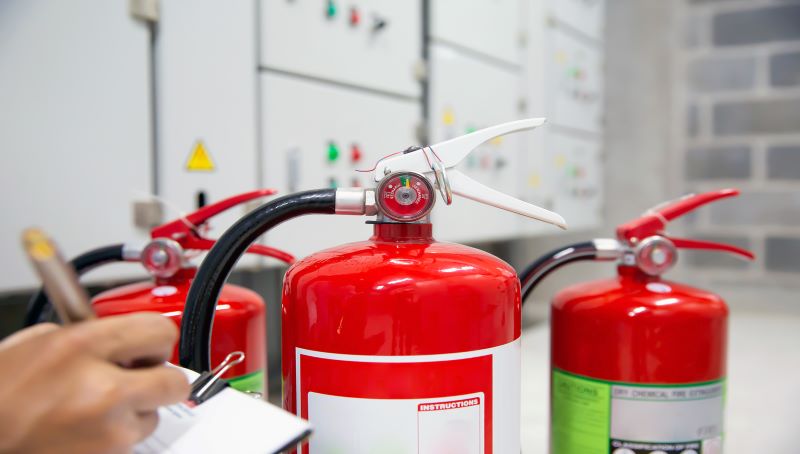
Leaseholders got a partial win as it was revealed that the loan scheme for those living in buildings with safety defects between 11 and 18.5m high will be scrapped.
Previously, former Housing Secretary Robert Jenrick had introduced the loan scheme, with those in buildings under 18m contributing £50 a month to the removal of cladding.
However, a new letter between the Treasury and Department for Levelling Up, Housing and Communities shows that the government is going to attempt to secure up to £4bn from developers towards the costs of cladding removal.
Gove has written to industry giving them a deadline of early March to agree a fully funded plan of action including remediating unsafe cladding on 11-18 metre buildings. If that is not met, further action has not been ruled out.
He warns he will take all steps necessary to make this happen, including restricting access to government funding and future procurements, the use of planning powers and the pursuit of companies through the courts. He adds that if industry fails to take responsibility, the government will if necessary impose a solution in law.
In the Treasury letter, Simon Clarke, said: “I am pleased to see that you acknowledge the principle that the taxpayer should not be on the hook for further costs of remediation. To reiterate, my approval of this new package for 11-18m building is therefore conditional on no further Exchequer funding.”
On top of the no new money from government, the £4bn will look to only tackle the removal of cladding and not other building safety defects.
On BBC Breakfast this morning, Gove said: “We’ve had a building safety crisis in this country and we know we need to remove cladding from high rise buildings but there are other things we need to do as well to make sure that people are safe.
“Ultimately, the key question is ‘who put that cladding up? Who was responsible for the state of those buildings?’ They are the individuals and companies that should pay to ensure that cladding is removed and buildings are safe.
“We have had a situation in the past where we have had some companies who in my mind are responsible and right in removing that cladding but others have not shouldered their responsibilities and now is the time when they should.”
And in a letter to industry, Gove said: “It is neither fair nor decent that innocent leaseholders, many of whom have worked hard and made sacrifices to get a foot on the housing ladder, should be landed with bills they cannot afford to fix problems they did not cause.
“Government has accepted its share of responsibility and made significant financial provision through its ACM remediation programme and the Building Safety Fund. Some developers have already done the right thing and funded remedial works and I commend them for those actions.
“But too many others have failed to live up to their responsibilities.”
In the letter, the Gove is asking companies to agree to:
- make financial contributions to a dedicated fund to cover the full outstanding cost to remediate unsafe cladding on 11-18 metre buildings, currently estimated to be £4 billion
- fund and undertake all necessary remediation of buildings over 11 metres that they have played a role in developing
- provide comprehensive information on all buildings over 11 meters which have historic safety defects and which they have played a part in constructing in the last 30 years
Matthew Pennycook MP, Labour’s Shadow Housing Minister, said: “We await the full details, but on the face of it these proposals appear far less significant than they sound.
“There is nothing new for the significant numbers of leaseholders facing huge bills to fix non-cladding defects; no guarantee that the cost of remediating buildings under 18 metres won’t be drawn from already allocated public funding; no help for the countless leaseholders currently mired in mortgage chaos; and no change in the Government’s position on leaseholder liability.
“Any further measures that help resolve the building safety crisis are welcome but blameless leaseholders are being hit with bills right now. If the Secretary of State is serious about doing the right thing, he needs to ensure leaseholders are fully protected in law from the costs of fixing all historic defects by amending the Government’s Building Safety Bill.”





